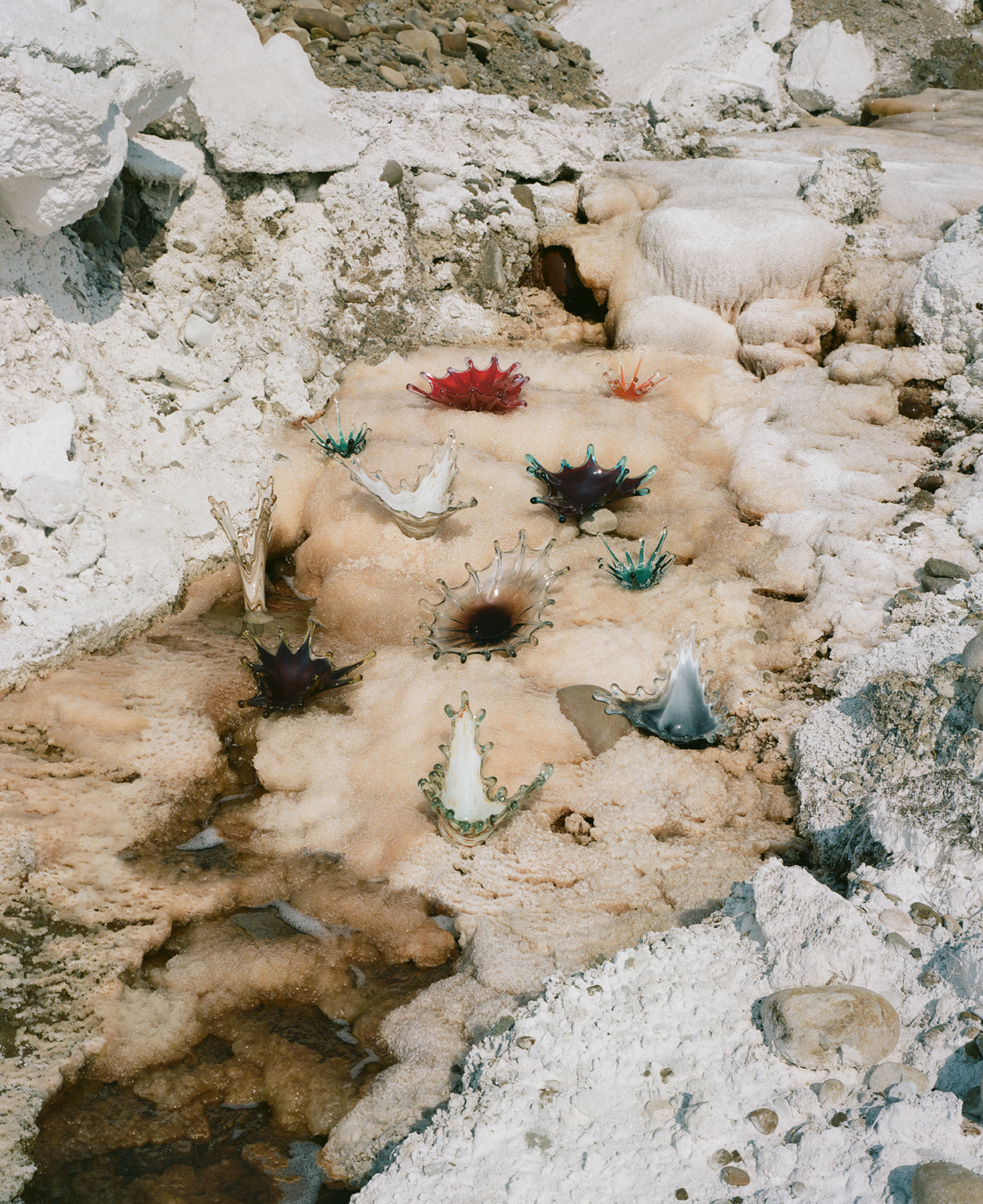
Thinking Itself Is An Ecological Habit
“What often slips away in our quests to out-think the problems in our environments is that thinking itself is an ecological habit, a shared vocation between humans and non-humans. We have inherited the sticky myth that thinking happens in our heads, that creativity is a mental thing, and that if we pushed ourselves a bit further than usual we will suddenly discover new ideas. This unfortunately leaves out the surprising materiality of ideas, and leaves us with a view of cognition that doesn’t take into consideration the shocking porosity of humans. In other words, we think-with the contexts we are in. We think-in assemblages that always includes others, human and non-human.
Thinking is such an entangled affair that it really shouldn’t appear as a single word, but as a hyphenated portmanteau of words to illustrate the fragility of what goes on. As such, the solutions we are creating to counter the creeping effects of climate chaos are products of not just “human minds” but sticky and largely unexamined concepts, myths, and nonconscious material networks that includes an assortment of apparently non-related ‘things’ like bacteria, memes, phone towers, and electrical currents. If thinking isn’t as independent as we suppose, if we are always caught in webs that stretch beyond intelligibility, if the prized ‘thinking subject’ of modern lore is dead, and if the “thought-about” are not passive objects of our thinking, then we face a significantly different challenge than the one that is curtly subsumed in the exhausted invitation to think outside the box. It’s obvious now: we can’t think outside the ‘box’. The dream to think outside the box is exactly how boxes think.”
The above passage comes from a facebook post by Nigerian-born clinical psychologist, lecturer, eco-philosopher, and mystic, Bayo Akomolafe. In my book group we’re currently reading his book, These Wilds Beyond Our Fences, in which he lays out his fantastically unique blend of indigenous cosmology, eco-philosophy, and spirituality while also memoiring, framing it all as endearing and flowery prose filled letters to his daughter, Alethea. In the book Akomolafe describes an encounter with ecofeminist philosopher of science, Karen Barad, who is also famously associated with the new-materialism movement (and she’s a fan Whitehead!); this new-materialism influence definitely comes through in Akomolafe’s work and I just devour it like candy!
…
Photograph above by Synchrodogs
Tags:animismBayo Akomolafeecological cosmologyecologyKaren Baradnew materialismprocess philosophysciencespirituality

0 Comments